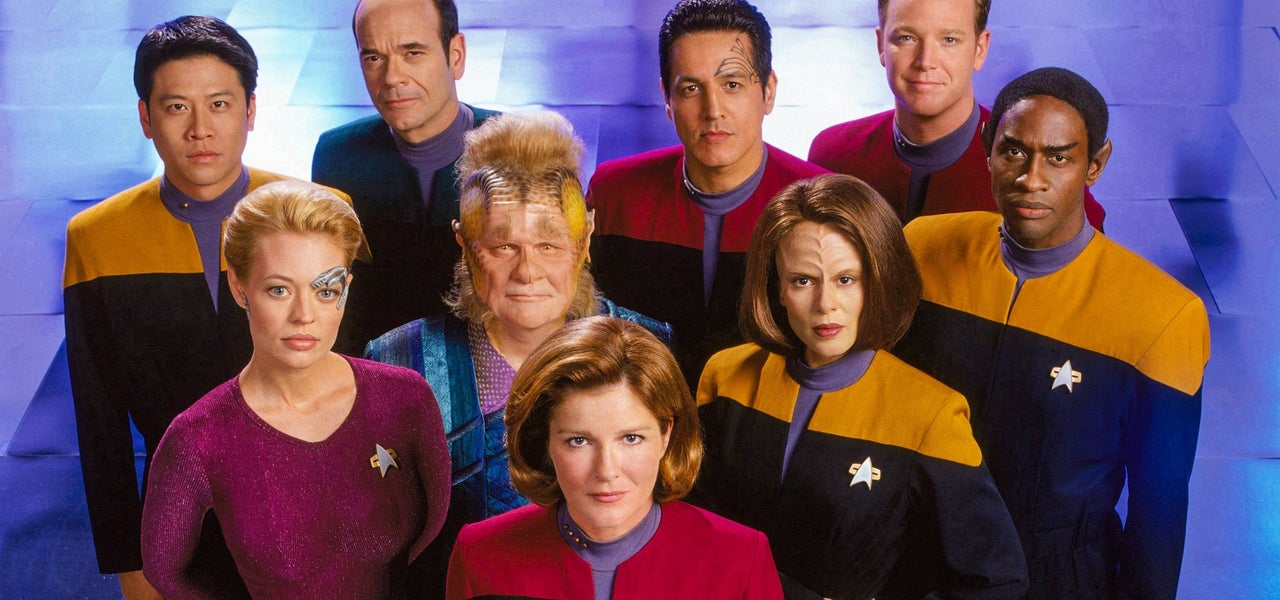

If you're an entertainment executive, use cases for demand data can be a powerful tool in making informed content, acquisition, distribution, and programming decisions. By using demand data, executives can capture insights into audience preferences that can drive optimal content decisions that match content to an audience and plan programming schedules that keep content up to date and fresh. Demand data can help with content valuation by revealing how much a title should be worth to a platform or network. Analyzing the demand data for "Star Trek: Voyager" for the month of January 2024 in Brazil provides us with key insights across several dimensions.
Firstly, analyzing the demand data gives insight into an audience's preference for a genre or show, which can inform acquisition and content decisions. For instance, "Star Trek: Voyager" ranks at the 96.6th percentile in the drama genre in Brazil. This indicates that it has higher demand than 96.6% of all drama titles in Brazil. Additionally, other shows that fans of "Star Trek: Voyager" also like are revealed, such as "Star Trek: The Next Generation", "Star Trek: Lower Decks", "Star Trek: Strange New Worlds", "Futurama", "Rick And Morty", "Star Trek: Discovery", "Star Trek: Picard", "Star Trek: Enterprise" and "Foundation". This helps entertainment executives to evaluate the best titles to acquire and offer in their libraries to satisfy their audience.
Secondly, demand data can help an executive to understand the level of audience demand a show has and how this is shifting over time, which in turn helps to determine the show's value. Demand data can help to answer questions like "How much is my show worth?" or "What is the baseline value of a title?". For example, "Star Trek: Voyager" had 3.8 times the audience demand of the average show in Brazil over the last 30 days. Only 8.6% of all TV shows have this level of demand. This indicates that demand for "Star Trek: Voyager" is good. Moreover, demand has been increasing recently, up from 3.5 times the average over the last 90 days. Interestingly, the show's popularity has spiked recently, suggesting that content executives should keep an eye on this show and measure its performance in the months to come.
Thirdly, global demand data can help entertainment executives to see the potential of franchises or spin-off content from existing content. The Franchisability dimension measures spin-off potential for a show. For "Star Trek: Voyager," the franchisability score is good, which is an excellent indicator that there may be further opportunity for monetizing IP for this show through spin-offs or franchises.
Finally, by analyzing audience demand for "Star Trek: Voyager" we can identify regional demand differences for the show. A show's demand in one market can be compared to its home market to assess its international performance, with the Travelability measure assessing international demand relative to the local market. For "Star Trek: Voyager" and its January 2024 performance in Brazil, we learn that demand for the show is at 19% of the demand in its country of origin, the United States. This insight can alert entertainment executives about this show's international potential—whether they intend to acquire or both produce and distribute this content in international markets.